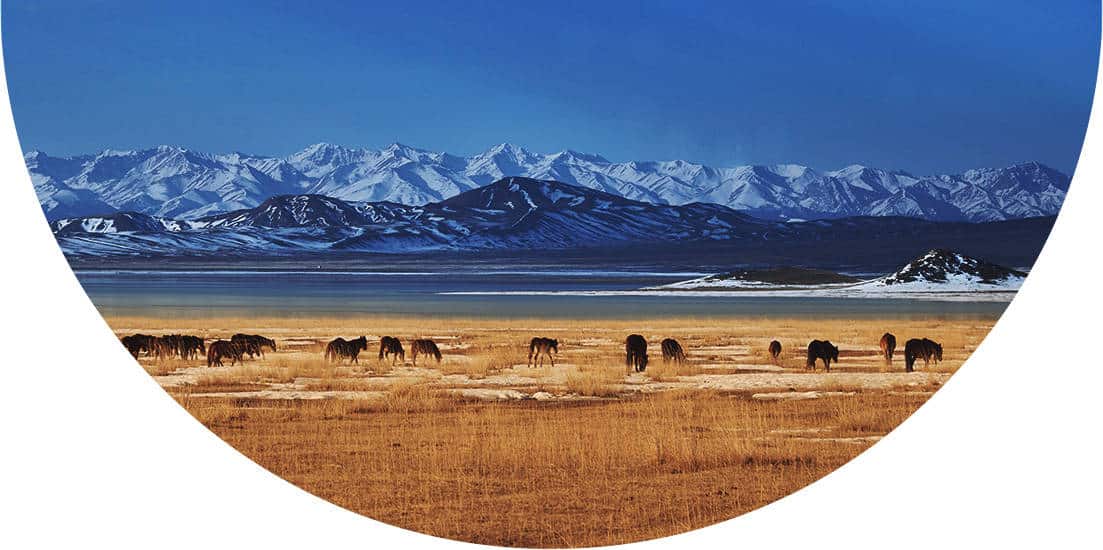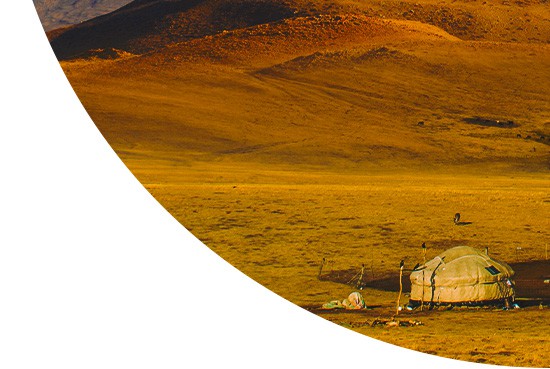Crimean-Congo haemorrhagic fever (CCHF) is primarily spread to humans either by infected ticks or animal blood. Human-to-human transmission can also occur resulting from close contact with the blood, organs or other bodily fluids of an infected person.


Travel Vaccinations for Afghanistan
Recommended Vaccines for Afghanistan
The level of protection needed depends on your medical history and travel itinerary. Book now to get a personalised recommendation from our specialist travel nurses. The consultation costs £20 plus any vaccines you decide to take.
Flexible appointments with no upfront payment
Book Now
Destination Information for Afghanistan
Afghanistan, officially known as the Islamic Republic of Afghanistan, is a country of great beauty which has sadly been ravaged by years of terrible war. The Taliban has destroyed many of Afghanistan’s monuments and important sites, and even the stunning countryside and mountainous regions are now rendered unsafe for visiting.
If you do decide to venture here, it is best to do so as part of an organised tour – it is possible to find tour companies offering breaks to the capital, Kabul, and tourist numbers are slowly increasing although it will be many years before the country is able to regain its former glory as a popular destination for tourists and holidaymakers. In Kabul, make sure to visit the National Museum of Afghanistan to get a taste of the elaborate Afghan culture and history.
There are plenty of places to eat, and Afghan cuisine is known for its delicious and prolific rices dishes. Alcohol is illegal in the country, although it may be tolerated in some Western restaurants in Kabul.
If you’re brave enough to explore further afield, there are some wonderful places to visit. Prior to the war, trekking in the stunning mountainous regions was extremely popular. It is now considered unsafe except in the Bamian region, Panjshir Valley and the Wakhan Corridor.
Infections and Outbreaks frequently change from country to country and by attending our clinics you will be given the most up to date clinical and safety advice from our team of specialists. Our advice to you often includes aspects such as:
- Food and water hygiene
- Insect and animal bite avoidances
- Personal safety
- Sexually transmitted infections
- Sun protection
- Altitude sickness
Malaria
There is a high risk of P.Falciparum and P.Vivax malaria zones in areas of Afghanistan below 2000m. Kabul, Kandahar, Jalalabad, Herat, Qua ‘E-Ye Now and surrounding areas are all affected.
Non Vaccinated Diseases
Additional Health Risks Information for Afghanistan
In the current climate, it is not advisable to visit Afghanistan unless it is absolutely essential. Travelling by road around the country is extremely dangerous. If you are required to be there for work or any other reason, you should be aware of your own safety and security at all times.
Terrorism and crime aside, there are a number of other health issues to highlight for visitors to Afghanistan. The country is in an active earthquake zone. During the winter rainfall can be heavy, causing landslips and extensive flooding, and heavy snow can cause avalanches in the mountains. During the summer months, the cities are extremely dry and dusty, which can cause issues for those with asthma or breathing difficulties. Medical attention may be hard to find, especially in more remote areas, and will not be up to UK standards anywhere in Afghanistan. There is malaria present in some parts of Afghanistan, consult a travel clinic for the appropriate malaria tablets and other necessary vaccinations before travel.



